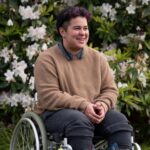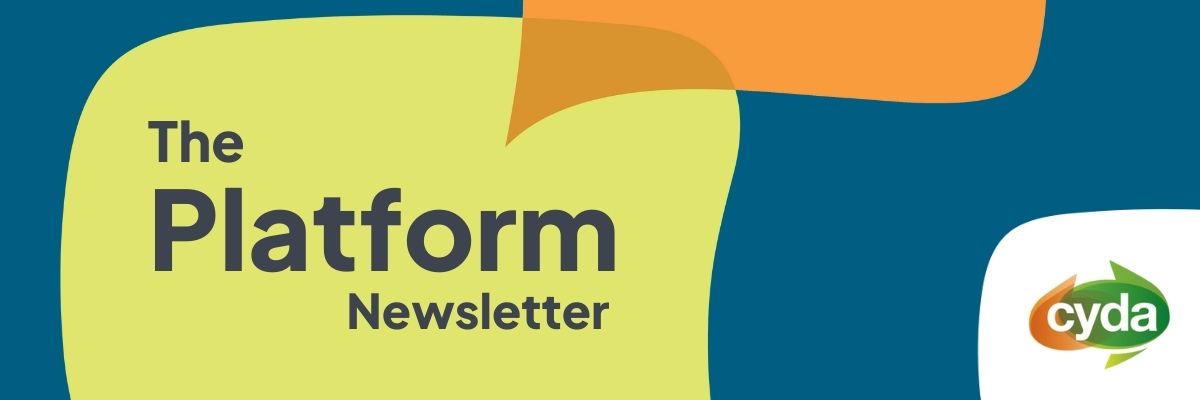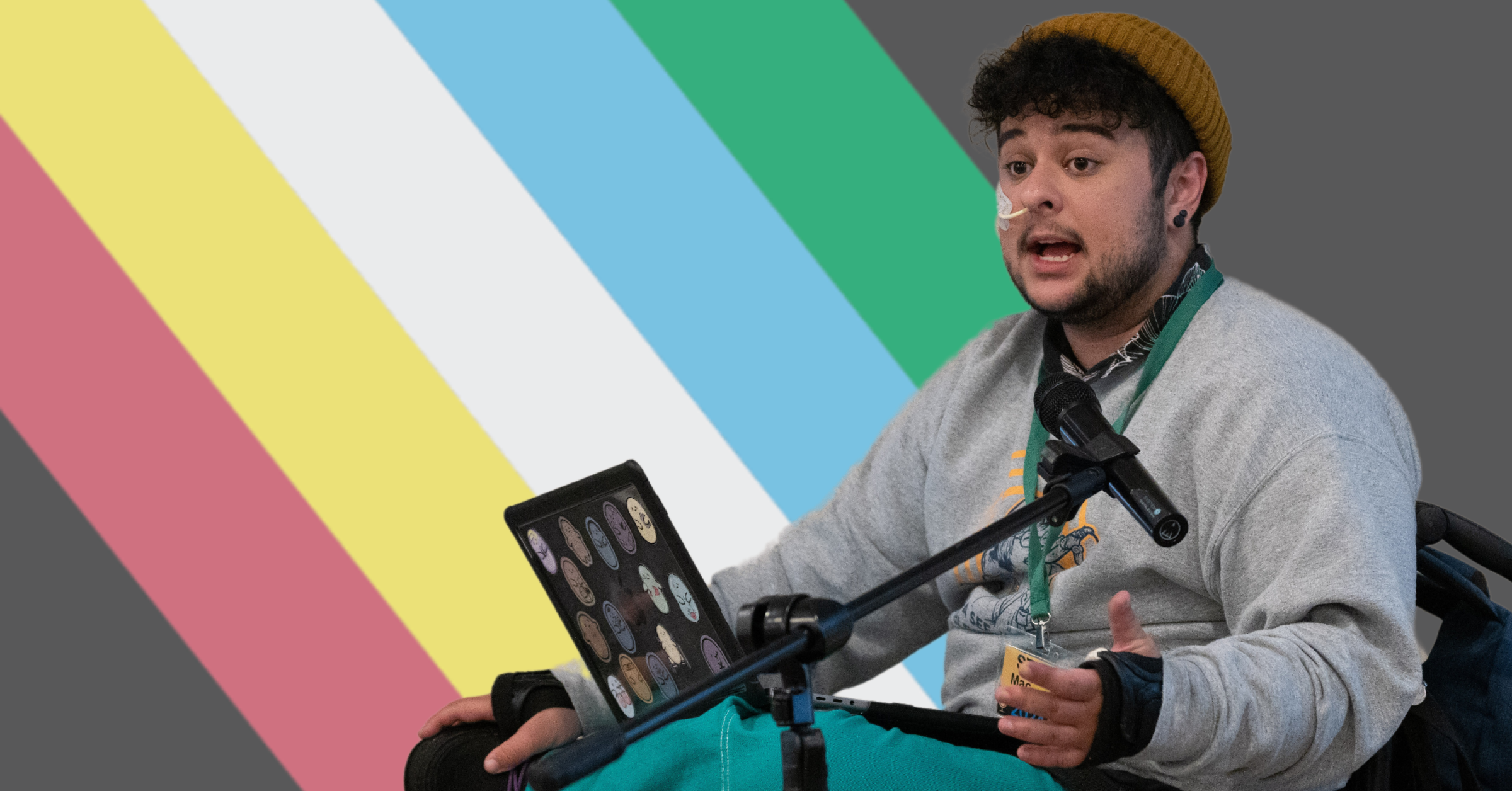Disability pride can be difficult and messy, and that's okay
Mac Zamani writes about the complexities of disability pride and the importance of challenging toxic narratives.
Disability pride can be exceedingly difficult to obtain when you have a progressive condition and you’re in a constant cycle of grieving and accepting.
How can I feel pride about my disability when my condition is life-threatening, and I won’t get to experience all the stages of life? How can I feel pride about my disability when I am constantly grieving the loss of function and new debilitating symptoms? How can I feel pride about my disability when, if given the option, I’d take a magic pill to cure my condition (well, some of them) without hesitation?
Sometimes, I feel like conversations on disability pride don’t give space for those of us who have these more complicated and messy relationships with our disabilities. For someone like me, disability pride is about neutrality. It’s about finding those specific points where I am as comfortable and confident as possible with myself, my body, and my identity. You don’t have to be constantly in love with all aspects of your identity, toxic positivity can be just as damaging.
On the good days, it’s about being loud and proud of my identity. On the bad ones, it’s about not hating myself because I have a disability and feeling comfortable enough to ask for support while knowing I am not a burden. My life can be hard, but it’s also filled with beauty and joy, and so most days, I sit in between.
I see disability pride as taking back the narrative of what disability is.
Society tells us that disability is a bad thing, that it’s something to fear and be ashamed of, and that it’s a burden. We are constantly reminded that we are different, and not in a good way. This type of messaging surrounds us and can be hard not to internalise. It’s okay if you have.
On the flip side, people with disability are constantly used as ‘inspiration porn’. We’re depicted as happy and bubbly and used as a supply of feel-goodness for non-disabled people. We are expected to either climb Mount Everest or be completely helpless. There is no middle ground. We don’t get to simply exist.
Disability pride challenges this notion. It frames disability differently – as an identity, a community, and a natural part of human diversity. I love seeing disabled young people claim their disabled identity with pride and confidence.
I am a proud disabled person. You can’t separate my disabled identity from who I am; it is one aspect that makes me me. In rehab, I was surrounded my messages that my life would be miserable if I didn’t regain my mobility, and I internalised that and started to hate my body. But when I connected with other disabled young people and learned about the models of disability and disability pride, it completely changed my perception of disability and of myself for the better.
The beauty of disability pride is that there is no one cookie-cutter definition to explain it all. It allows for the diversity in experiences to be captured in one powerful term. I experience disability pride differently for each of my disabilities. I fully embrace it for my learning disability, have a fluctuating relationship with it for my chronic illnesses, and am still working towards acceptance for my psychosocial disability. You’re allowed to have a changing relationship; disability pride is a constant journey.
For those struggling with their disability pride, I hold extra love for you this Pride Month.

About the author:
Mac (he/him) is a disability and queer youth advocate from a migrant background. He is a writer and public speaker currently studying youth work. Mac loves all things outdoors, reading and wheelchair sports when not studying or working.

The Platform is our newsletter for young people with disability, featuring interviews, opportunities and news on the issues that matter to you!


